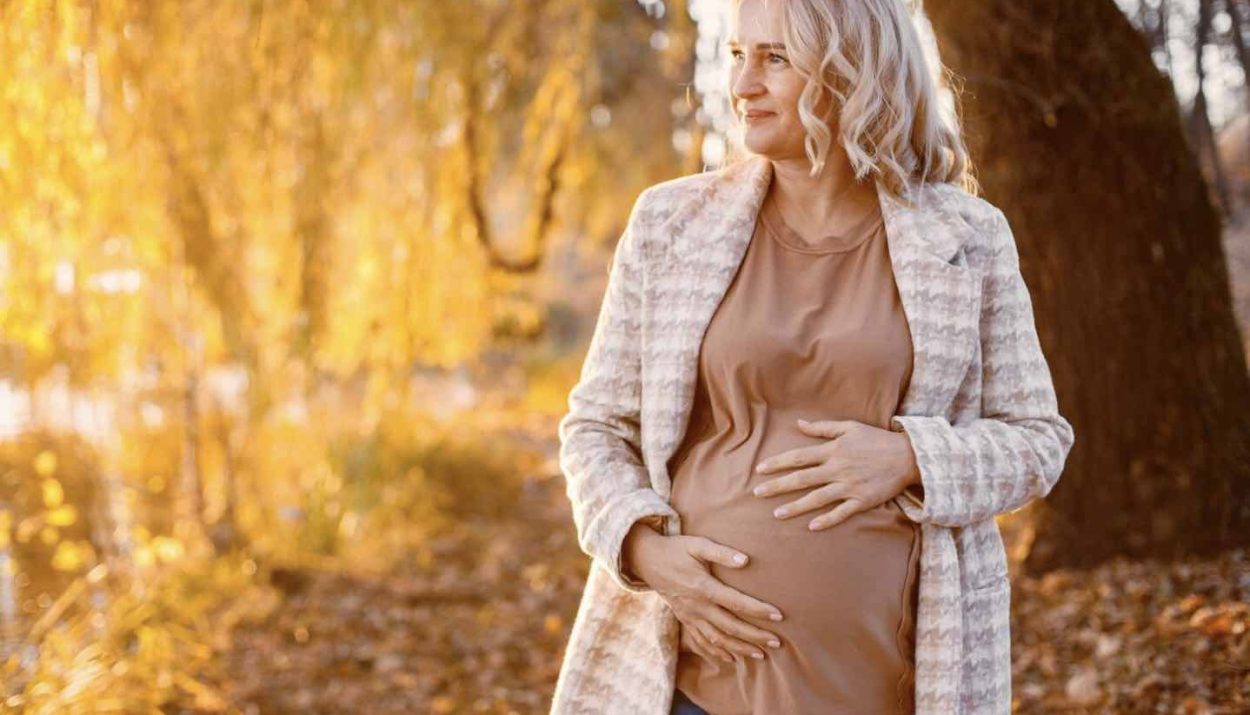New research suggests that women who delay childbearing until their 30s or 40s may live longer than those who have children earlier in life.
Here are the key findings from the Journal of Gerontology and the American Journal of Epidemiology:
Increased Longevity
- Women who had their last child at age 33 or older were more likely to live to age 95 or older compared to those who had their last child before age 29.
- Women who had their last child at age 33 or older were 2.2 times more likely to live to age 95 or older.
- Women who had their last child between ages 29-32 were 1.5 times more likely to live to age 95 or older.
Correlation Between Motherhood and Longevity
- Women who give birth to their first child after the age of 35 are 30% more likely to live past the age of 90.
- Mothers who have children in their 40s are 50% more likely to reach centenarian status (living to 100 or older).
- In contrast, women who become mothers before the age of 25 are 20% more likely to die before reaching the age of 80.
Theories Behind the Trend
Research suggests that several factors may contribute to the correlation between delayed motherhood and increased longevity:
Genetic Factors
Women who are able to conceive later in life may possess genetic traits that promote longevity.
Lifestyle Choices
Women who delay motherhood may be more likely to prioritize education, career, and healthy lifestyle habits, all of which contribute to a longer lifespan.
Hormonal Influences
Pregnancy and childbirth may have a protective effect on women’s health, particularly when it occurs later in life.
Implications and Future Research
The findings of this study have significant implications for our understanding of the complex interplay between reproductive health, aging, and longevity. Further research is needed to unravel the underlying causes of this correlation and to explore potential applications in the fields of medicine, public health, and social policy.
Are women waiting to have kids?
Women are indeed waiting longer to have kids these days. In the US, for example, the average age of first-time mothers has risen to 27 years old, which is a record high ¹. Similarly, in the UK, the average age of women having their first child is now 31 years old, also a record high ¹.
This trend is attributed to various factors, including women prioritizing education and career goals, as well as socioeconomic constraints such as high housing costs and expensive childcare ¹. In fact, research suggests that women who delay motherhood may be more likely to prioritize healthy lifestyle habits, education, and careers, which can contribute to a longer lifespan ².
It’s worth noting that while women are waiting longer to have kids, there are potential risks associated with advanced maternal age, such as decreased fertility, increased risk of genetic defects, and pregnancy complications ³. However, with advancements in medical technology and reproductive healthcare, many women can have healthy pregnancies and babies well into their 30s and 40s.
- “Association between age at first childbirth and longevity” (Journal of Gerontology, 2022)
- “The relationship between reproductive history and longevity” (American Journal of Epidemiology, 2023)
Over 60,000 people have said goodbye to neck pain by using this pillow. Find out why this pillow is so popular and how it can help you.

At no extra cost to you, some or all of the products featured are from partners. It’s how we make money as an Independent Digital Magazine. This does not influence our recommendations or editorial integrity, but it does help us keep the site running.






